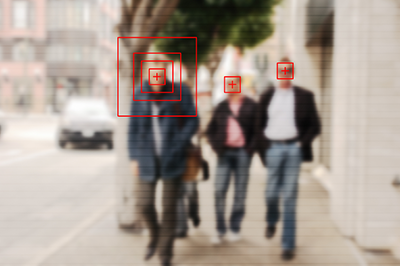
Krzysztof lost a civil suit in first instance proceedings. He lodged an appeal, which was dismissed by the second instance court. The second instance court ruled that the application for delivery of the judgement had been submitted beyond the deadline because it had been sent not through the Polish Post Office but through a private operator. Ultimately, the case was dealt with before the Strasbourg Court.
The ECtHR confirmed the settlement between the applicant and the Polish Government. The Government agreed to pay to the applicant the sum of PLN 18,000.
Lawsuit
Having served a four-year prison sentence, the applicant brought an action against the State Treasury. He argued that the conditions at the place of his detention (such as overcrowding) violated his dignity. The first instance court dismissed his lawsuit.
Krzysztof filed a motion for the delivery of a copy of the dismissal decision together with a statement of reasons. He sent his motion through a private operator (InPost) rather than the Polish Post because, during the period in which the proceedings were taking place, InPost was the operator responsible for the service of process. That is why the applicant was certain that the posting of the motion through InPost would be treated as tantamount to sending it via the Polish Post or the submission of the document directly to the court. The court granted Krzysztof’s application and delivered to the applicant a copy of the judgement against which he appealed.
Appeal
However, the second instance court rejected Krzysztof’s appeal, stating that it was filed after the expiry of a time limit. The law says that a party to proceedings has 7 days for filing a motion for the statement of reasons of a first instance judgment. The actual time limit for the submission of an appeal then runs for two weeks after the statement of reasons is delivered to the appellant.
The court held that Krzysztof had failed to observe the time limit for filing a motion for the statement of reasons because he posted the document at an InPost branch rather than a post office. Had his letter been mailed at a facility operated by the Polish Post, the date of posting (rather than the date of its delivery to the court) would be material for the purposes of a review of the applicant’s compliance with the time limit. However, the above “posting rule” does not apply if a document is sent through a private operator.
Application to ECtHR
In his application to the Strasbourg Court, Krzysztof argued that the rejection of his lawsuit had constituted a violation of his right to a court resulting from an overly formalistic interpretation of law. Additionally, Krzysztof alleged a violation of art. 3 of the Convention (prohibition of inhuman treatment), which, in his opinion, resulted from his inability to receive any compensation for serving a prison sentence in an overpopulated cell. Polish Government has recognised the merits of these allegations and offered a settlement to the applicant, who accepted the offer.
“Although the case wasn’t decided in a judgment, it is nevertheless a landmark case. It shows that an excessively formalistic interpretation of procedural provisions may violate the Convention”, HFHR lawyer Marcin Szwed explains.
The case was conducted by the Strategic Litigation Programme. Dr Piotr Kładoczny represented the applicant in the proceedings before the ECtHR.


